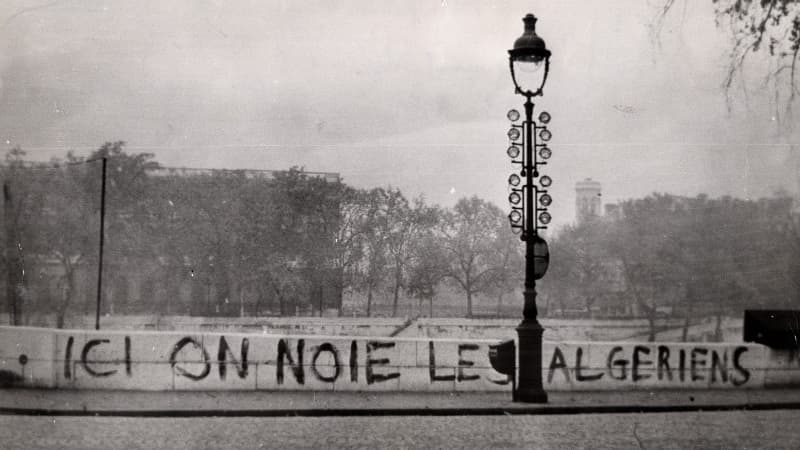The Austrians had to move in a certain way, that made War more likely if bungled, because of political restriction from their Hungarian colleagues (who'd end up paying as much as them, arguably even more).WW1 offers so many samples it's not even fun.
Then it started; and after the initial momentum, it floundered and stopped.
The Ottomans quickly found it politically unfeasible to stay out of the growing conflict, and it proved their eventual undoing.
Then 1915 came - and I'll bundle it together, Europeans who joined before 1918 (Italy, Bulgaria, Romania, Greece) did so because neutrality became politically unfeasible but paid a steep cost that in hindsight would be better avoided.
Italy shifted away from the CP camp because it was politically unfeasible for A-H to give her enough to keep her a friendly neutral, and they bungled into the war because it was political apocalypse for neutral Giolitti to undo at the last minute the Pact of London.
Then came 1916, and the various attempts at peace all failed because everybody found it politically unfeasible to accept a non-punitive peace of some sort.
So they moved into 1917 and the February Revolution happened; but it was politically impossible for Kerensky to just give up on the fight, and he surely paid the price for that. Meanwhile, both Italy and France kept attacking, despite the clear costs of doing so, because it was what their government and populaces kept expecting of them.
1918 saw less of this, because it was when a side started clearly winning after all; but then came the related peace talks, another nice round of politically motivated disasters with far reaching consequences.
The mishandling of Germany contributed to disasters to come; Italy's bungled approach also had large negative consequences; the United States founded an organisation they didn't join, something that, too, would come to have profound effects; Japan was denied their racial equality proposal because of political pressure in the UK and USA, and started shifting away; Greece could not politically survive a limited victory against the Turks and ended up losing all Anatolian claims; and in general, the Europeans ended up in a weaker position that fully realized itself after WW2.
Last edited:
